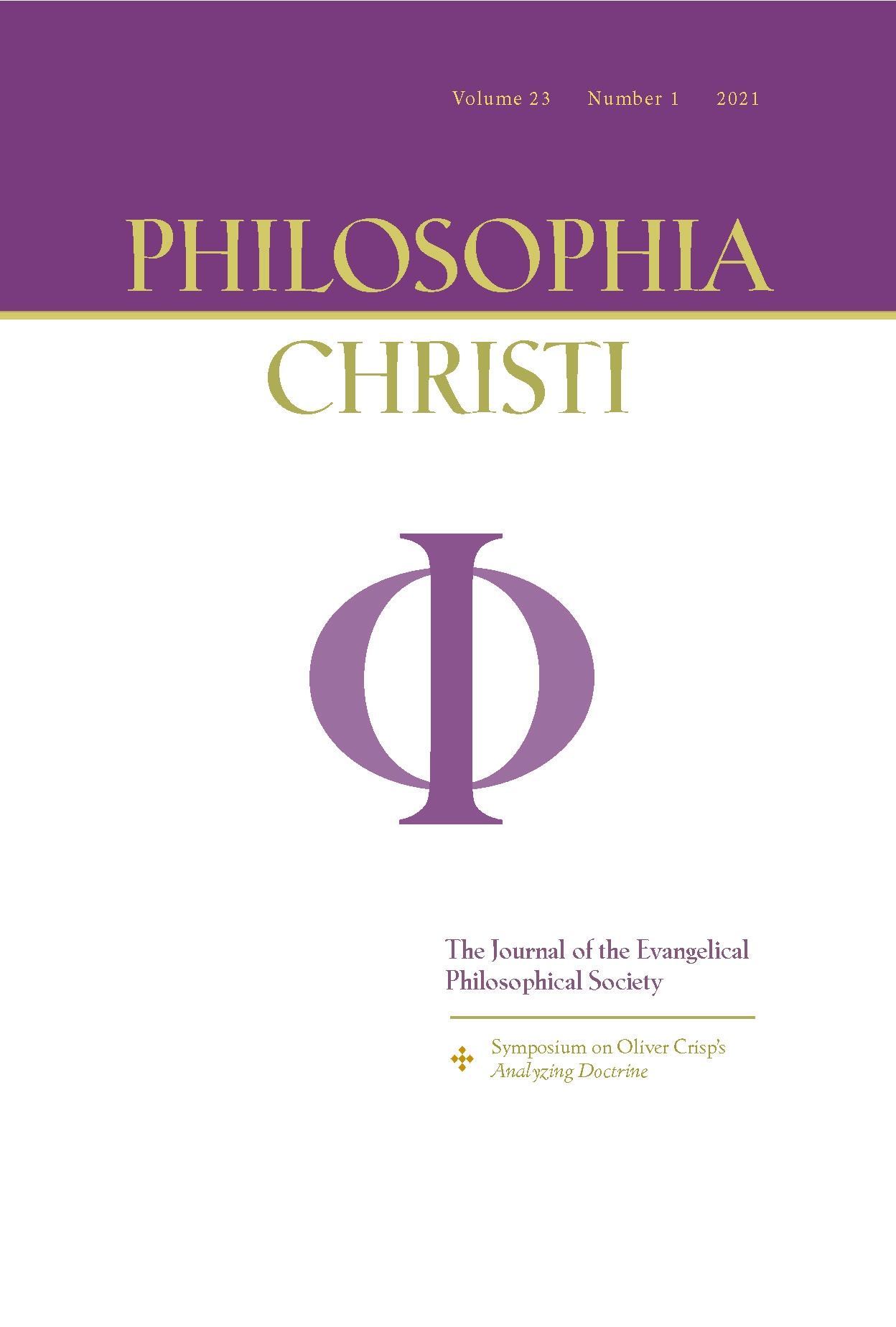
In addition to dozens of sessions on individual paper presentations at the annual meeting, come enjoy several EPS interested discussions throughout EPS and ETS programming. Consider joining the following sessions:
Wednesday, November 20th:
- 10:10 AM – 11:40 AM: “God and Political Power.” Panelists include: Stephen Wolfe (Princeton University), Tyler Dalton McNabb (Saint Francis University), Mike Austin (Eastern Kentucky University).
- 1:00 PM – 4:10 PM: “Practicing the Presence of God.” Moderator: Robert Garcia (Baylor University). Panelists include: J. P. Moreland (Biola University), Juliana Kazemi (Baylor University), Fred Aquino (Abilene Christian University), Kristen Irwin (Loyola University Chicago), and Paul Rezkalla (Baylor University).
- 1:00 PM – 4:10 PM: “Natural Law and the Shape of Christian Ethics: Prospects, Promises, and Perils.” Moderator: Jason Thacker (Boyce College). Paper presentations from, and discussion with, Dennis Hollinger (Gordon Conwell), David VanDrunen (Westminster Seminary California), and David Haines (Bethlehem College & Seminary).
Thursday, November 21st:
- 8:30 AM – 11:40 AM: “Book Panel Discussion: Transformed into the Same Image: Constructive Investigations into the Doctrine of Deification.” Moderators: Paul Copan (Palm Beach Atlantic University) and Michael Reardon (Canada Christian College). Includes various papers and panel discussion from Copan and Reardon, Carl Mosser (Independent Scholar), Ben Blackwell (Westminster Theological Centre), Veli-Matti Kärkkäinen (Fuller Theological Seminary / University of Helsinki), Brian Siukit Chiu (Biola University), and Fred Sanders (Biola University).
- 8:30 AM – 11:40 AM: Gender as Love: Dialoguing with Fellipe Do Vale.” Moderator: Daniel Hill (Baylor University). Includes papers and discussion from Gregg Allison (Southern Baptist Theological Seminary), Dustyn Elizabeth Keepers (Baker Academic Publishing), Christopher Woznicki (Jonathan Edwards Center at Gateway Seminary), Kirsten Sanders (Independent Scholar), and Fellipe do Vale (Trinity Evangelical Divinity School).
- 9:20 AM – 11:40 AM: “Atonement and the Death of Christ: A Symposium” with William Lane Craig (Biola University), Oliver Crisp (University of St. Andrews), Joshua Thurow (University of Texas San Antonio), Jonathan Rutledge (Harvard University), Danielle Jansen (University of St. Andrews), and Aaron Davis (University of St. Andrews).
Friday, November 22nd:
- 8:30 AM – 11:40 AM: “Origin of the Soul: A Conversation.” Moderator: Ronnie Campbell (Liberty University). Panelists include: Joshua R. Farris (Ruhr-Universität Bochum), Bruce L. Gordon (The Saint Constantine College / Discovery Institute), Joanna Leidenhag (University of Leeds), William Hasker (Anderson University), James T. Turner (Anderson University).
- 8:30 AM – 11:40 AM: “It’s Not the End of the World: Putting Elections in Theological Perspective.” Moderator: Vincent Bacote (Wheaton College). Panelists includes: Luke Bretherton (Duke Divinity School), Fellipe do Vale (Trinity Evangelical Divinity School), Mark McDowell (Reformed Theological Seminary), Kaitlyn Schiess (Duke Divinity School).
- 2:00 PM – 5:10 PM: “The Ballot and the Bible: Dialoguing with Kaitlyn Schiess on the Use of Scripture in American Politics.” Moderator: Ryan Peterson (Talbot School of Theology). Panelists include: Malcolm Foley (Baylor University), Miranda Cruz (Indiana Wesleyan University), Preston Sprinkle (Theology in the Raw), Kristen Deede Johnson (Western Theological Seminary), and Matthew Anderson (Baylor University).
- 3:00 PM – 6:10 PM: “Design Writ Large: Design Arguments, Design Detection, and Natural Theology.” Moderator: John Bloom. Panelist include: William Dembski (Discovery Institute), David Haines (Bethlehem College and Seminary), Douglas Axe (Biola University), Bruce L. Gordon (The Saint Constantine College / Discovery Institute).
- 3:00 PM – 6:10 PM: “Cancel Culture, Freedom of Speech, Religious Freedom, and the Gospel: Dealing with Difference in a Pluralistic World” with various papers and panel discussion from Darrell Bock (Dallas Theological Seminary), Eric Patterson (Regent University), John Hartley (Rivendell Institute), and C. Donald Smedley (Rivendell Institute).
Join the EPS membership today for as low as $25/yr and receive an annual subscription to the Society’s peer-reviewed journal, Philosophia Christi.


